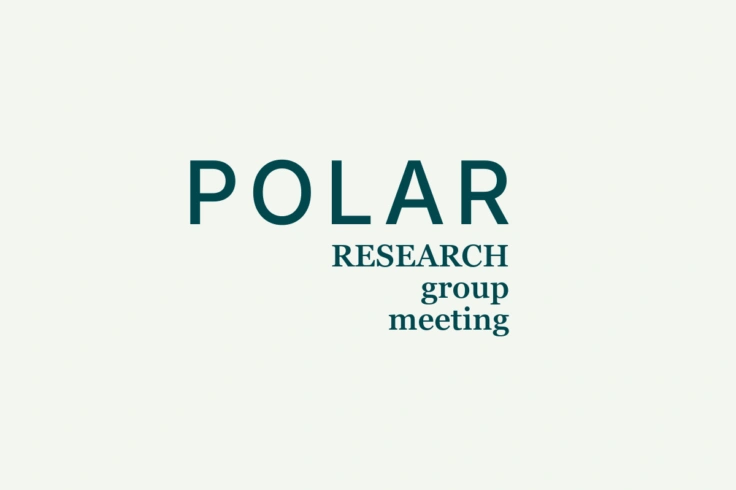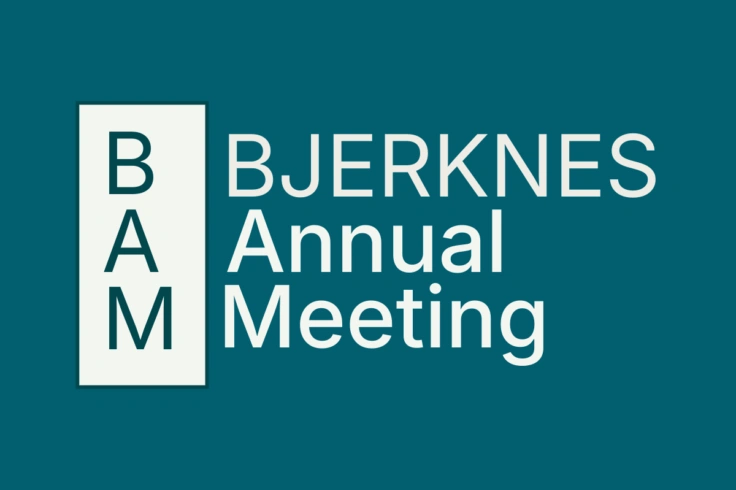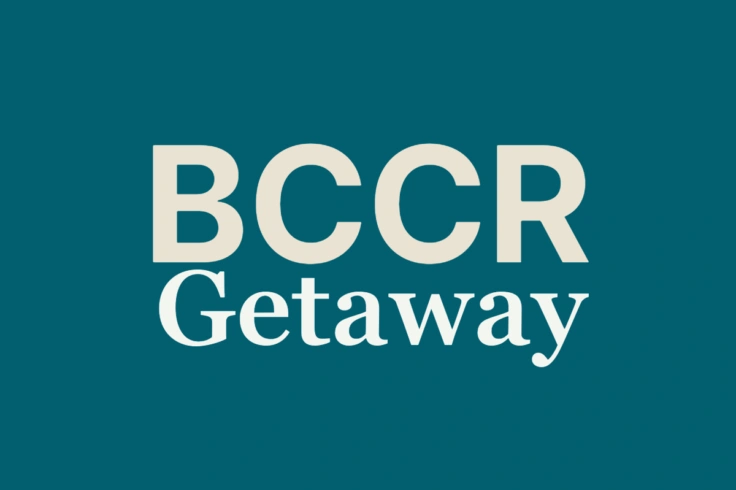Kalender
Prøveforelesning: “Solar radiation modification as a measure to control global warming: strategies; possibilities, risks and challenges”.
Julien Pooya Weihs holder prøveforelesning mandag 2. Mars kl. 11:00 over oppgitt emne: “Solar radiation modification as a measure to control global warming: strategies; possibilities, risks and challenges”.
I prøveforelesningskomitéen er:
Asgeir Sorteberg, leder
Filippa Fransner
Marius Årthun
Veiledere:
Helge Drange (hovedveileder)
Vegard Gjerde (biveileder)
Elias Euler (biveileder)
Prøveforelesningen holdes på BCCR4020.
Studenter er også velkomne!
Polar research group meeting
Topic: Polar observations - what do we have and what are we missing?
Bjerknes Climate Prediction Unit (BCPU) seminar
Date: Friday 13 March 2026
Time: 10:00-12:00
Place:
In person: Bjerknes lecture room 4020 (Jahnebakken 5, top floor)
Online: Zoom
Program:
10:00-10:20 RA1: Robinson Hordoir (IMR): Barents Sea atlantification driven by a shift in atmospheric synoptic timescale
10:20-10:40 RA3/RA4: Marianne Williams-Kerslake (NERSC): Can we predict marine heatwaves up to multi-year time scales in the Nordic Seas?
10:40-11:00 RA2: TBD
11:00-11:20 RA4: TBD
11:20- Mingling and Open Agenda (for those who wish to share or discuss)
*RA stands for Research Area
This informal discussion space is open to all Bjerknes members and guests.
Please feel free to join us and we welcome contributions from all.
Polar research group meeting
Topic: Modeling the Polar regions - what do we have and what are we missing?
Bjerknes Annual Meeting (BAM) 2026
Save the dates!




